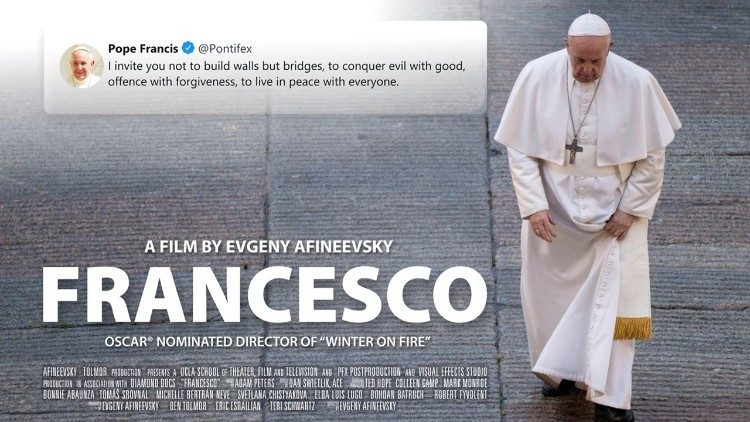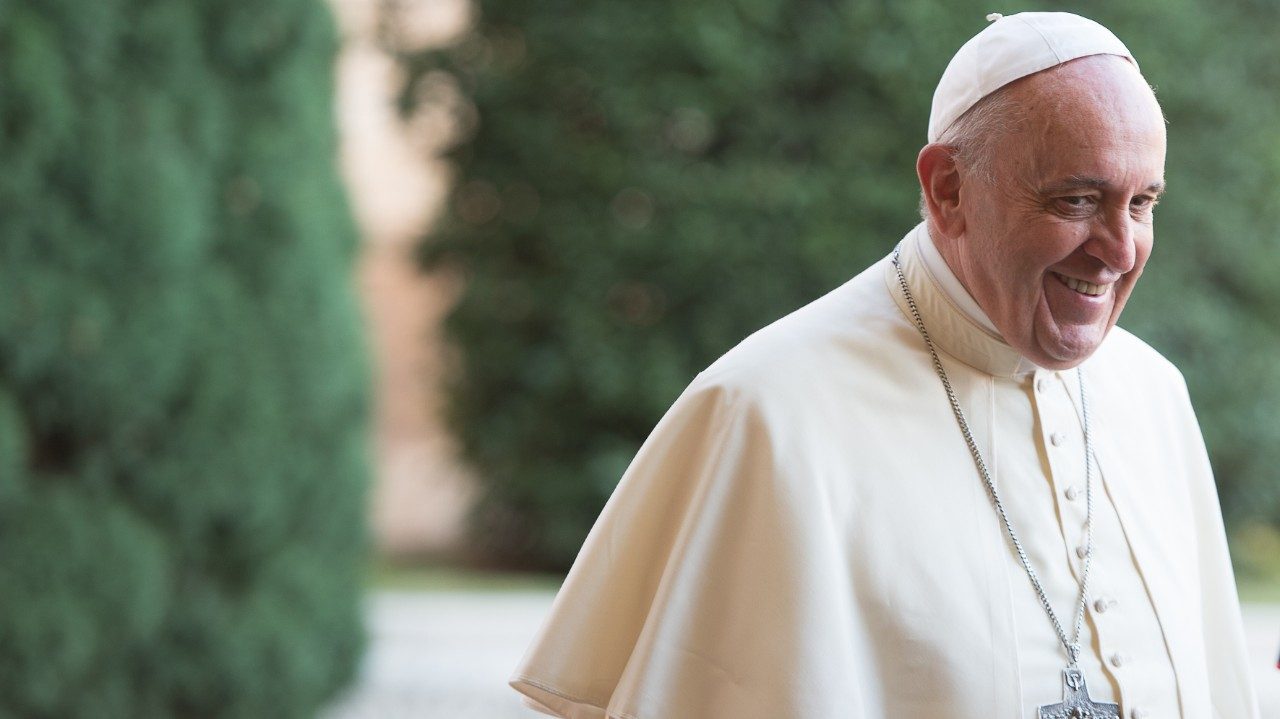
In recent days, some affirmations contained in the documentary “Francis,” of screenwriter Evgeny Afineevsky, have triggered different reactions and interpretations. Therefore, some useful elements are offered, with the desire to foster a correct understanding of the Holy Father’s words.
Over a year ago, during an interview, Pope Francis responded to two different questions in two different moments that, in the mentioned documentary, were edited and published as only one answer, without the due contextualization, which has generated confusion. In the first place, the Holy Father made a pastoral reference about the need, within the family, that a daughter or son with homosexual orientation never be discriminated. It is to them that these words refer: “homosexual persons have the right to be in the family; they are children of God, they have the right to a family. No one can be thrown out of the family or have his/her life made impossible because of it.”
The next paragraph of the Post-Synodal Apostolic Exhortation Amoris Laetitia (2016), on love in the family, can illuminate these expressions. “I took into consideration with the Synodal Fathers, the situation of families that live the experience of having within them persons with homosexual tendencies, an experience that’s not at all easy either for the parents or the children. Therefore, we want to reiterate first of all that every person, regardless of his/her sexual tendency, must be respected in his/her dignity and received with respect, endeavoring to avoid ‘any sign of unjust discrimination,’ and, particularly, any form of aggression and violence. In regard to families, it’s about their ensuring a respectful accompaniment, so that those that manifest a homosexual tendency can count on the necessary help to understand and carry out fully the Will of God in their life” (n. 250).
A subsequent question of the interview was a change inherent to a local law of ten years ago in Argentina on “egalitarian marriages of same-sex couples” and the opposition of the then Archbishop of Buenos Aires in this regard. In this connection, Pope Francis affirmed that “it’s an incongruence to speak of homosexual marriages,” adding, in this same context, that he had spoken of the right of these persons to have certain legal coverage. “What we have to have is a law of civil coexistence; they have the right to be covered legally. I defended that.”
The Holy Father expressed himself thus during an interview in 2014. “Marriage is between a man and a woman. The secular States want to justify civil unions to regulate different situations of coexistence, moved by the need to regulate economic aspects between persons as, for example, to ensure health care. They are coexistence pacts of a different nature, of which I wouldn’t be able to give a list of the different forms. It’s necessary to look at the different cases and to evaluate them in their variety.”
Hence, it’s evident that Pope Francis was referring to specific State dispositions, <and> certainly not to the Doctrine of the Church, confirmed numerous times in the course of the years.
Translation by Virginia M. Forrester





